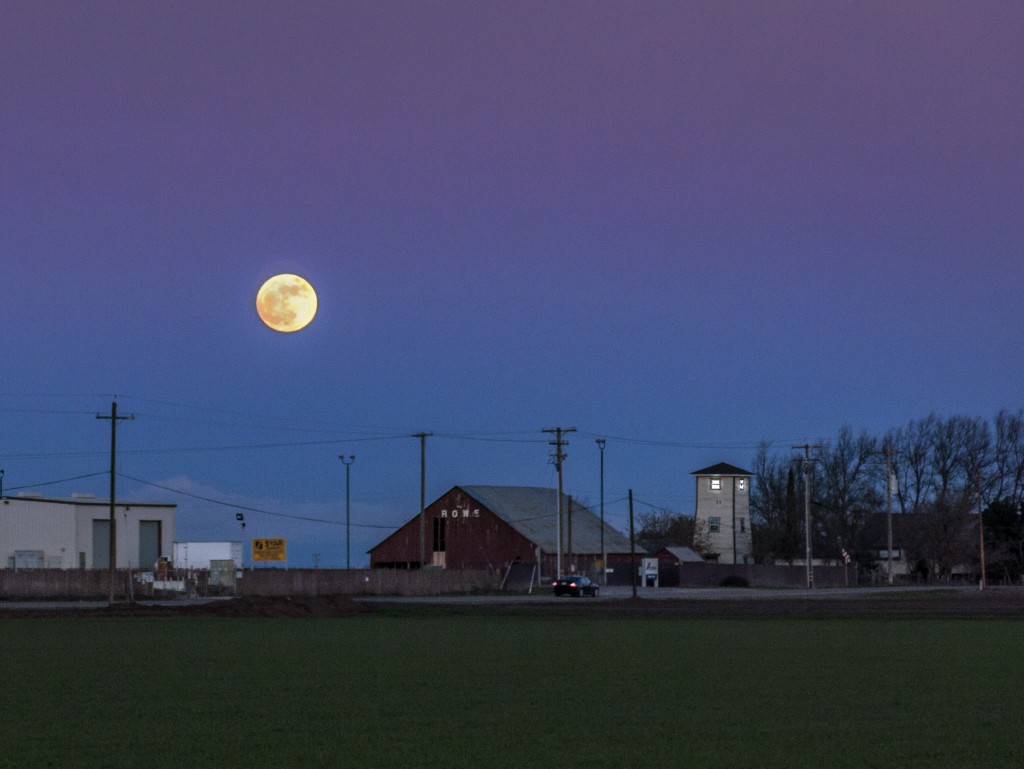You Really Might Sleep Worse When the Moon Is Full
Rather than some sort of phenomenon driving this finding, it’s probably a simple issue of the full moon shining sleep-disturbing light in people’s eyes

Photo: Robert Couse-Baker
Perhaps you have heard that when the moon is full, you’re more likely to experience restless nights tossing and turning in bed. And perhaps you filed that bit of information alongside other moony myths, about werewolves and moon-induced craziness, as pretty unlikely. But the results of a new study published in Current Biology surprised both skeptics and the researchers who conducted the study: sleep does indeed suffer under the influence of the full moon. Here’s NBC News:
“It took me more than four years until I decided to publish the results, because I did not believe it myself,” Cajochen, a professor and director of the Centre for Chronobiology at the University of Basel in Switzerland, writes in an email.
While conducting studies on sleep, Cajochen, on a whim, decided to see if the moon’s cycles had anything to do with people’s nocturnal patters. He used previously collected data from around 40 people ranging from 17 to 74 years old. When he matched their sleep patterns, which were measured with EEGs and blood tests, to the moon’s cycle, he was surprised to find a correlation.
During the full moon, it takes an average of five minutes longer to fall asleep and people dozed for 20 minutes less. And, their melatonin levels dropped. Melatonin is a hormone that regulates the sleep-wake cycle by causing drowsiness and a dip in body temperature.
“I was also surprised to see, that besides sleep, also evening melatonin levels were affected by lunar phase,” he says.
Rather than some sort of supernatural phenomenon driving this finding, however, Cajochen told NBC that he thinks it’s a simple issue of the full moon shining more sleep-disturbing light in people’s eyes than the new moon’s comforting, relative darkness.
More from Smithsonian.com:
/https://tf-cmsv2-smithsonianmag-media.s3.amazonaws.com/accounts/headshot/Rachel-Nuwer-240.jpg)
/https://tf-cmsv2-smithsonianmag-media.s3.amazonaws.com/accounts/headshot/Rachel-Nuwer-240.jpg)